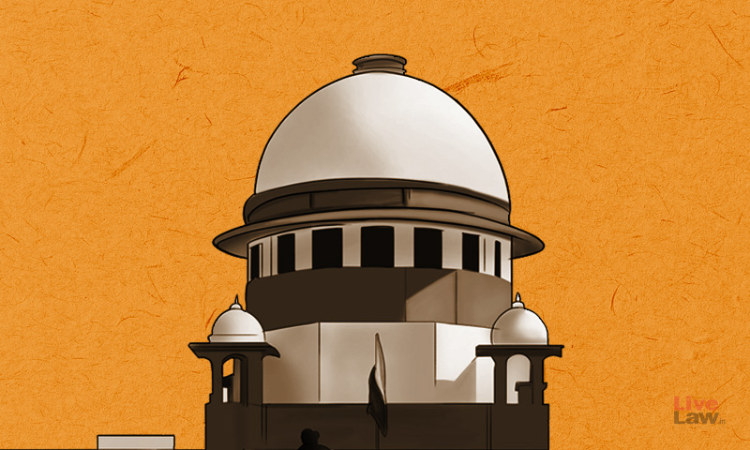Supreme Court Directs States To Ensure Supply Of Dry Ration To Sex Workers
Radhika Roy
28 Oct 2020 7:49 PM IST

Next Story
28 Oct 2020 7:49 PM IST
The Supreme Court on Wednesday directed State Governments to follow the Standard Operation Procedure formulated by National AIDS Control Organisation (NACO) and to commence distribution of dry ration to sex workers. Further, the States have also been directed to file compliance reports pertaining to the implementation of schemes for the distribution of ration. Additionally, in order...
